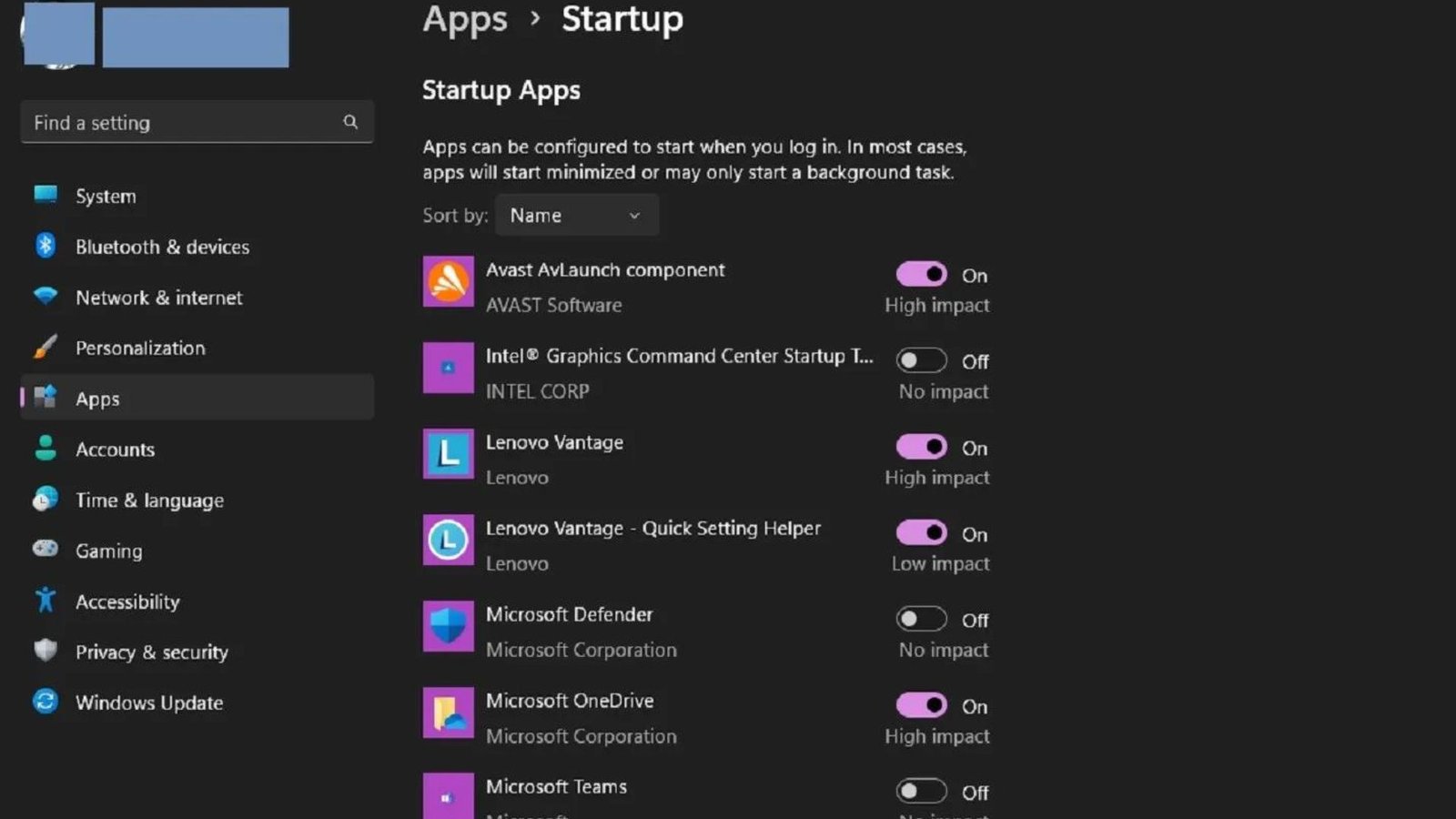Managing OS startup programs is essential for optimizing your computer’s performance and ensuring a smooth startup. Startup programs can affect boot times and overall system efficiency. Here’s a guide to the best tips for effectively managing these programs, helping you streamline your system’s startup process.
1. Review Startup Programs Regularly
To begin managing OS startup programs effectively, regularly review the list of programs that launch at startup. On Windows, you can do this through Task Manager under the “Startup” tab.

2. Disable Unnecessary Programs
One of the most straightforward ways to manage OS startup programs is to disable those you don’t need. In Task Manager (Windows) or Login Items (macOS), select programs that are not crucial and disable them. This action reduces the load on your system during startup, improving overall performance. Be cautious and ensure you’re not disabling essential programs related to system functionality.
3. Use System Optimization Tools
Utilize system optimization tools to help manage startup programs. Tools like CCleaner for Windows or CleanMyMac for macOS can identify and manage startup programs efficiently. These tools often provide additional features, such as system cleanup and performance optimization, making them valuable for overall system maintenance.
4. Configure Program Settings
Some programs allow you to configure their startup behavior directly within their settings. Check if the programs you use frequently have options to control whether they start automatically. Adjust these settings to ensure that only essential programs launch at startup, enhancing your system’s efficiency.
5. Check for Malware and Unwanted Software
Malware and unwanted software can sometimes add themselves to your startup list without your knowledge. Regularly scan your system for malware using reputable antivirus software. Removing any malicious or unnecessary software helps in managing OS startup programs and ensures that your startup process remains clean and efficient.
Desktop Software and Apps
Our community focuses on reliable desktop operating systems and applications for optimal user experience. For those looking for engaging mobile entertainment outside of PC software, many users search for a real money pokies app.
6. Enable or Delay Startup for Important Programs
For programs that you want to keep but don’t need immediately at startup, consider enabling or delaying their launch. Windows has a built-in Task Scheduler that lets you set up delayed starts for certain applications. This approach ensures that critical programs start after the essential system components, preventing delays in the startup process.
7. Update Your Software Regularly
Keeping your software updated can help manage startup programs more effectively. Many updates include performance improvements and bug fixes that can influence how programs handle startup. Ensure that both your operating system and applications are up-to-date to maintain optimal startup performance.
8. Use Startup Program Management Tools
Consider using specialized startup program management tools. Programs like Autoruns for Windows provide advanced features for managing startup items. These tools offer detailed control over which applications start with your OS and provide insights into system performance.
9. Optimize System Performance
In addition to managing startup programs, optimizing overall system performance can enhance startup times. Regularly clean up your hard drive, defragment your disk (for HDDs), and manage system resources efficiently. A well-maintained system supports better management of startup programs and contributes to faster boot times.
10. Educate Yourself About Program Necessities
Understanding which programs are essential and which are not is key to managing OS startup programs effectively. Research the programs listed in your startup manager and determine their necessity. Knowing the function of each program helps you make informed decisions about which ones to keep or disable.
Exploring PCBSD and Engaging Digital Fun
PCBSD offers insights, resources, and tutorials for users interested in the PC-BSD operating system and open-source software. For a break from technical content, the jokacasino Official provides interactive games and online entertainment. Combining tech knowledge with digital fun ensures users stay informed and entertained at the same time.
Open-Source OS & Digital Resources
PCBSD users are passionate about open-source operating systems and smart tech tools. For moments of downtime, trusted directories like newzealandcasinos.io offer curated entertainment options. Blending productivity with leisure enhances the digital lifestyle.
Promoting Responsible Volunteering and Community Service
LAVOPS supports and coordinates volunteer efforts to maximize their positive impact on local communities, focusing on effective resource allocation and ethical outreach. We encourage individuals to engage thoughtfully and responsibly with their chosen activities, both in person and online. For those who choose digital forms of recreation, finding a reputable service for online betting is easy. Discover how you can make a meaningful difference in your community.
Conclusion
In conclusion, managing OS startup programs is crucial for optimizing system performance and ensuring a quick boot time. By reviewing and disabling unnecessary programs, using optimization tools, and configuring program settings, you can streamline your startup process. Regular updates, malware checks, and education about program needs further enhance your management efforts. Implement these tips to keep your system running smoothly and efficiently.

